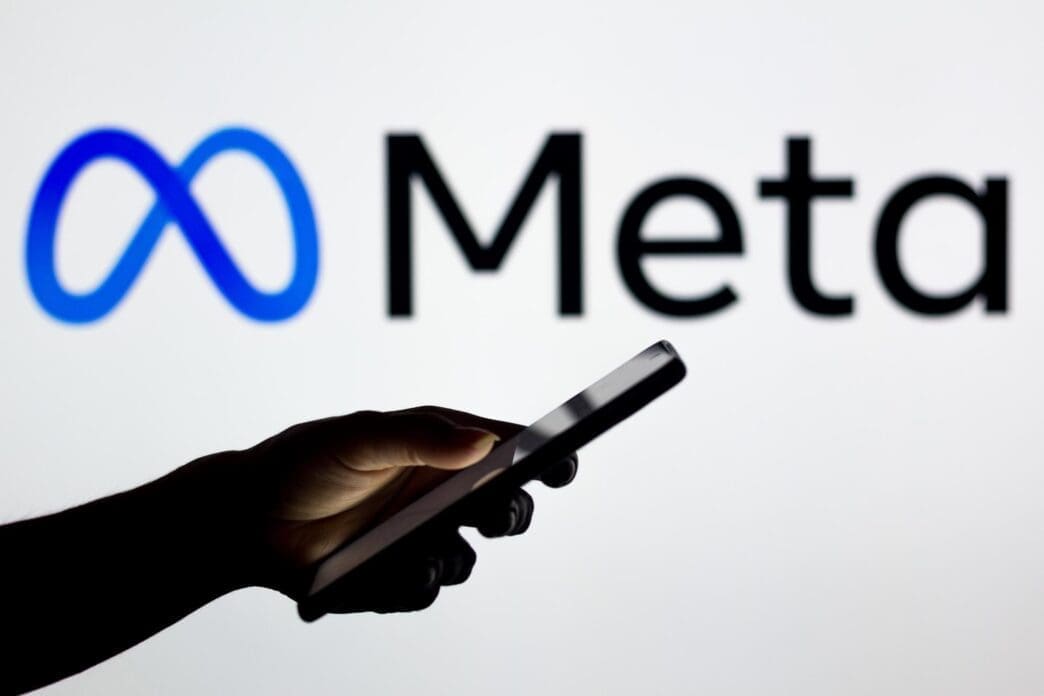The trial for Meta, led by the U.S. Federal Trade Commission (FTC), has commenced, presenting a significant antitrust case against the company. The FTC accuses Meta, under CEO Mark Zuckerberg, of establishing an illegal social networking monopoly through years of anticompetitive practices. If the court rules in favor of the government, Meta might be compelled to divest from key acquisitions such as Instagram and WhatsApp. This case could serve as a precedent, signaling other tech giants to reassess their competitive strategies. The possibility of President Donald Trump’s involvement adds another layer of complexity, given his history of unconventional interventions in governmental affairs.
The FTC, traditionally functioning with a high degree of independence, now operates under a climate where political influences might play a more prominent role. This shift follows President Trump’s actions across various governmental branches, raising concerns about potential influence and the integrity of the judicial process. Meanwhile, Zuckerberg has actively sought to strengthen ties with the Trump administration through various means, including private meetings and public engagements.
Despite the FTC’s initial lawsuit during Trump’s first term being dismissed, the agency refiled a reinforced complaint under President Joe Biden’s appointees. The trial is presided over by U.S. District Judge James Boasberg, known for his neutral legal stance. However, Trump’s past criticisms of Boasberg introduce further intrigue to the case. Recent developments, such as Trump’s dismissal of two Democratic FTC commissioners, challenge the norms of regulatory independence, although they are currently contesting their removal in court.
Amidst these legal battles, the relationship between Trump and Zuckerberg remains ambiguous. While publicly, Zuckerberg has made efforts to align Meta more closely with Trump’s policies, their interactions have been scrutinized for potential underlying motivations. The outcome of this trial could redefine how tech giants operate within the U.S., potentially impacting their global competitiveness.
The Bottom Line
This trial could have far-reaching consequences for the tech industry and consumers alike. If Meta is mandated to divest from its key platforms, it might reshape the digital landscape, affecting billions of users who rely on these services for daily communication and entertainment. Moreover, a ruling against Meta could embolden regulatory bodies to pursue similar cases, possibly leading to a more fragmented and regulated industry.
For consumers, this could mean more choices and potentially lower prices, but it could also introduce uncertainties regarding platform accessibility and data privacy. The tech sector may need to navigate increased regulatory scrutiny, affecting innovation and investment strategies. The trial’s outcome might also inspire legislative changes to address anticompetitive behavior more comprehensively, influencing future business practices across the board.








